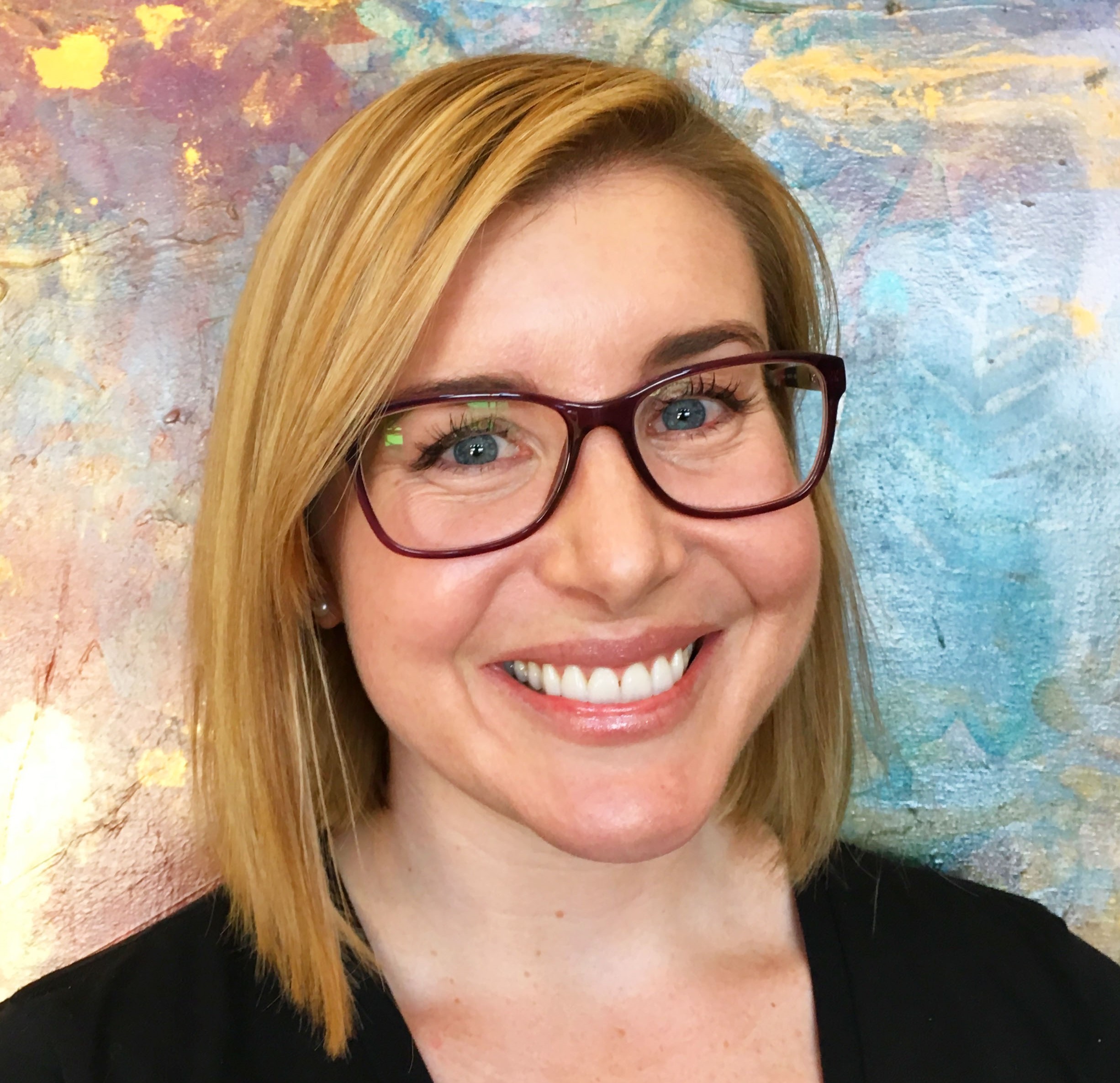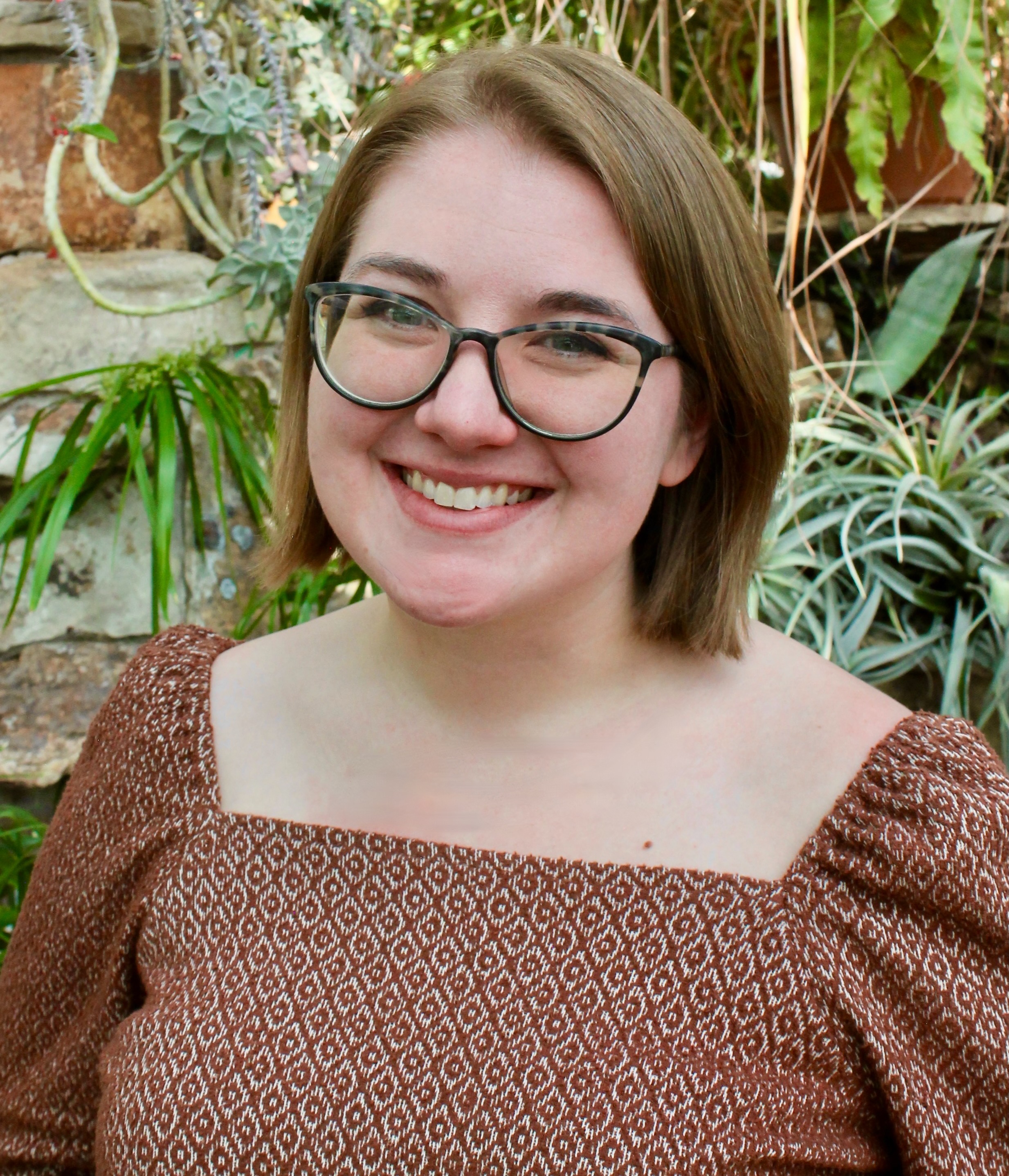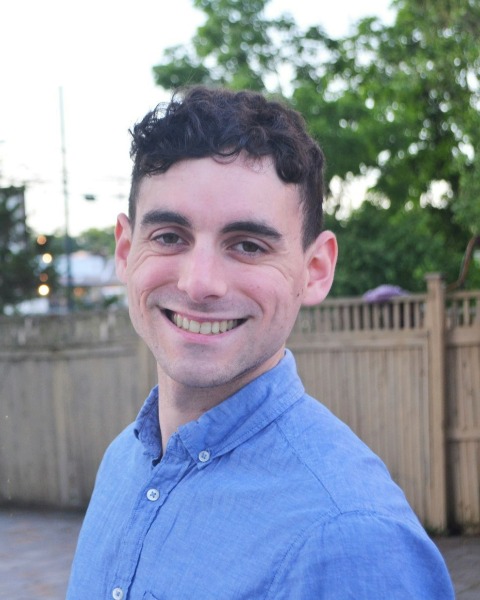Eating Disorders
Symposium 81 - Intersectionality of eating pathology in sexual and gender minority individuals: Prevalence and related sociocultural factors
Level of Familiarity: Moderate
Recommended Readings: Scandurra, C., Esposito, C., Fantacci, R., Borrello, L., Bochicchio, V., Giunti, D., & Antonelli, P. (2023). Social support, identity affirmation, and psychological well-being: developmental and intersectional comparison between Italian cisgender and non-binary people with bisexual orientation. International Journal of Environmental Research and Public Health, 20, 3237. https://doi.org/10.3390/ijerph20043237, Romito, M., Salk, R. H., Roberts, S. R., Thoma, B. C., Levine, M. D., & Choukas-Bradley, S. (2021). Exploring transgender adolescents’ body image concerns and disordered eating: Semi-structured interviews with nine gender minority youth. Body Image, 37, 50-62. https:// 10.1016/j.bodyim.2021.01.008,
Meyer, I. H. (2003). Prejudice, social stress, and mental health in lesbian, gay, and bisexual
populations: conceptual issues and research evidence. Psychological bulletin, 129(5), 674., Calzo, J. P., Blashill, A. J., Brown, T. A., & Argenal, R. L. (2017). Eating disorders and
disordered weight and shape control behaviors in sexual minority populations. Current
psychiatry reports, 19(8), 49.,
McClain, Z., & Peebles, R. (2016). Body image and eating disorders among lesbian, gay,
bisexual, and transgender youth. Pediatric Clinics, 63(6), 1079-1090.
-
TM
Taryn Myers, Ph.D. (she/her/hers)
Virginia Wesleyan University
Virginia Beach, Virginia, United States -

Tiffany Brown, Ph.D. (she/her/hers)
Assistant Professor
Auburn University
Auburn, Alabama, United States -
TM
Taryn Myers, Ph.D. (she/her/hers)
Virginia Wesleyan University
Virginia Beach, Virginia, United States -
SB
Sharla Biefeld, Ph.D. (she/they)
The University of Alabama
North Port, Alabama, United States -

Lindsay Gillikin, B.A. (she/her/hers)
Clinical Psychology PhD student
University of Wyoming
Laramie, Wyoming, United States -

Benjamin Shepherd, M.S., M.Ed. (he/him/his)
Nova Southeastern University
Dania Beach, Florida, United States -
WB
Wesley Barnhart, M.A. (they/them/he/him)
PhD Candidate
Bowling Green State University
Bowling Green, Ohio, United States
Chair(s)
Discussant(s)
Presenter(s)
A growing body of research supports that sexual minority individuals (i.e., individuals who are not exclusively heterosexual in their attractions, sexual behaviors, or identities) and gender minority individuals (i.e., individuals whose gender identity/expression does not align with the sex they were assigned at birth and/or the gender binary) – collectively abbreviated as SGM – may be at increased risk for eating pathology and eating disorders. Community-based studies and limited clinical samples show that SGM individuals report elevated eating pathology and rates of clinical eating disorders compared to their cisgender peers (Calzo et al., 2017; Diemer et al., 2015; McClain & Peebles, 2016). Several possible explanations of these disparities have been proposed, including minority stress theory (Meyer, 2003), which suggests that SGM individuals may be at increased risk due to stress-induced responses to discrimination and internalized stigma. However, additional research is needed to understand the occurrence of eating pathology in gender minority populations.
Importantly, much of the previous research has focused in on specific facets of gender and sexual identity, such as trans individuals or gay men. However, it is vital to study these constructs intersectionally, both across the gender and sexuality spectrum and by considering other important factors such as race and disability status. In addition, little is known about sociocultural risk factors in SGM populations that have been widely studied in non-SGM populations. Thus, additional research on the prevalence and related sociocultural factors of eating pathology in SGM individuals will be critical to help develop culturally-sensitive prevention and treatment programs for those suffering from, and at risk for, eating disorders.
Consistent with this year’s convention theme of “Inspiring Community Engagement, Advocacy, and Innovation to Advance CBT”, this symposium features four studies that explore eating pathology in SGM populations. In so doing, we focus on addressing the unique experiences of our most vulnerable and historically – and currently – marginalized and promote equity and diversity in research. Specifically, we present data on:
(1) rates of eating pathology among gender minorities across the gender spectrum; (2) the roles of discrimination and safety in behaviors exhibited by SGM individuals; (3) the relationships among sociocultural risk factors (e.g., body image, gender dysphoria, self-surveillance, emotional regulation)
(4) intersectional examination of how complex identities relate to eating psychopathology.
Learning Objectives:
- Understand the occurrence eating pathology in sexual and gender minority populations.
- Understand the prevalence of eating pathology in various facets of sexual and gender minority populations.
- Explore how known risk factors for eating psychopathology operate in sexual and gender minority populations.
- Examine how intersectional identities beyond SGM identification influence symptoms of eating psychopathology.
- Explore the roles of discrimination and safety in behaviors exhibited by sexual and gender minority individuals.
Presentations:
-
12:30 PM - 2:00 PM EST(SYM 81) Examining Rates of and Relationships with Eating Psychopathology in a Mixed Sample of Gender Minority Individuals
Speaker: Taryn A. Myers, Ph.D. (she/her/hers) – Virginia Wesleyan University
-
12:30 PM - 2:00 PM EST(SYM 81) Body Surveillance for Safety: A Multi-method Investigation of Eating Disorder Symptomology in Gender Diverse Adults
Speaker: Sharla D. Biefeld, Ph.D. (she/they) – The University of Alabama
-
12:30 PM - 2:00 PM EST(SYM 81) Express, Suppress, and Reappraise: Investigating Links Between Experiences of Discrimination, Emotion Regulation, and Eating Behavior Among Sexual Minority Adults
Speaker: Lindsay Gillikin, B.A. (she/her/hers) – University of Wyoming
Co-author: Ilana Seager van Dyk, PhD – Massey University
-
12:30 PM - 2:00 PM EST(SYM 81) Intraminority Stress and Eating Disorder Symptoms Among Gay and Bi+ Men: An Intersectional Social Safety Perspective
Speaker: Benjamin F. Shepherd, M.S., M.Ed. (he/him/his) – Nova Southeastern University
Co-author: Janell Mensinger, Ph.D. (she/her/hers) – Department of Clinical and School Psychology, Nova Southeastern University
Co-author: Paula M. Brochu, Ph.D. – Nova Southeastern University
-
12:30 PM - 2:00 PM EST(SYM 81) Adopting an Intersectional Approach to Eating and Body Image Disturbances in Sexual and Gender Minority Women and Men: A Latent Profile Analysis
Speaker: Wesley R. Barnhart, M.A. (they/them/he/him) – Bowling Green State University
Co-author: Amy Jordan, MS – Bowling Green State University
Co-author: Harrison Angoff, MA – Bowling Green State University

.png)
